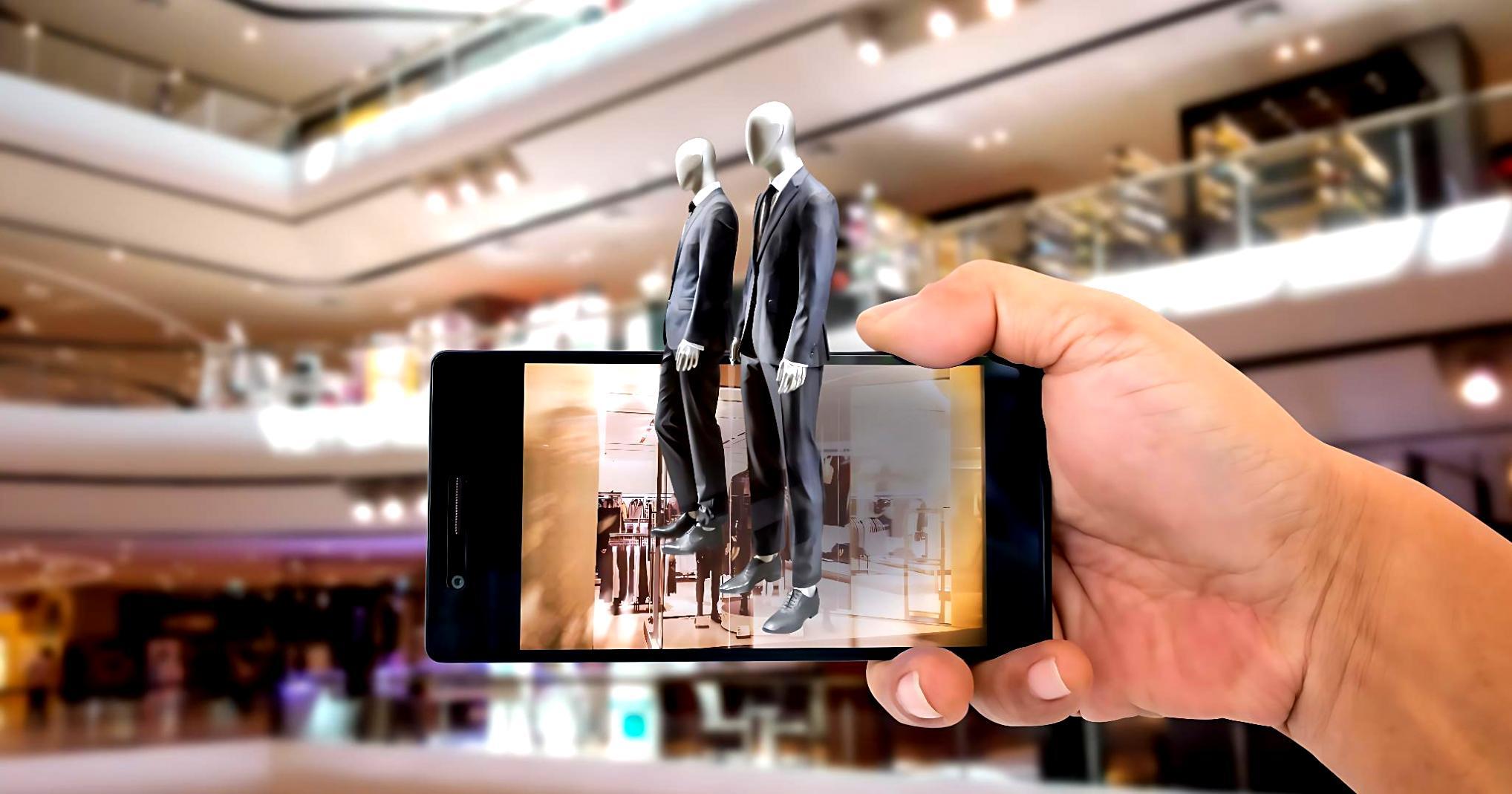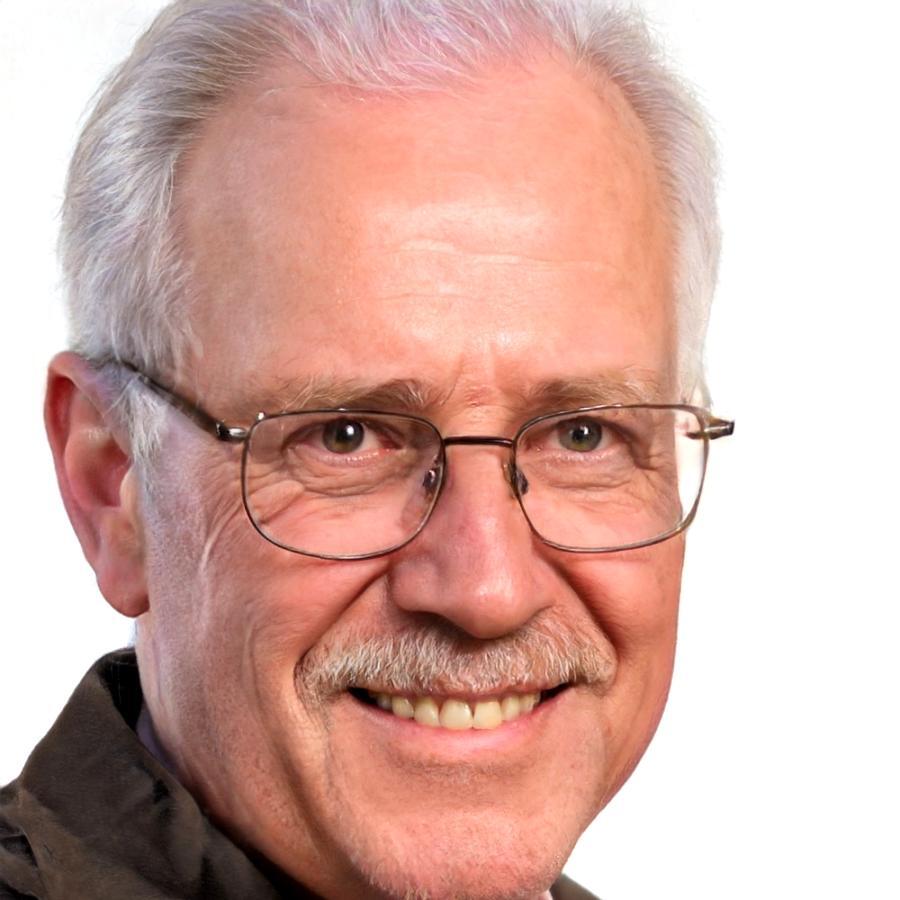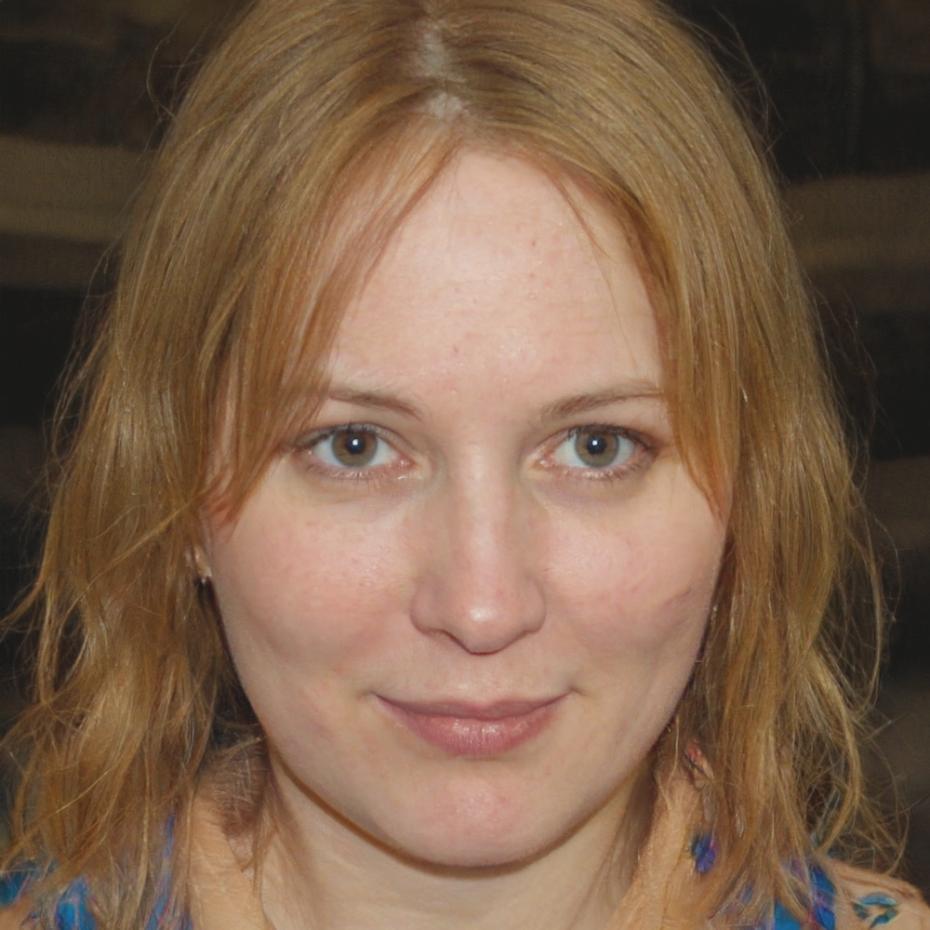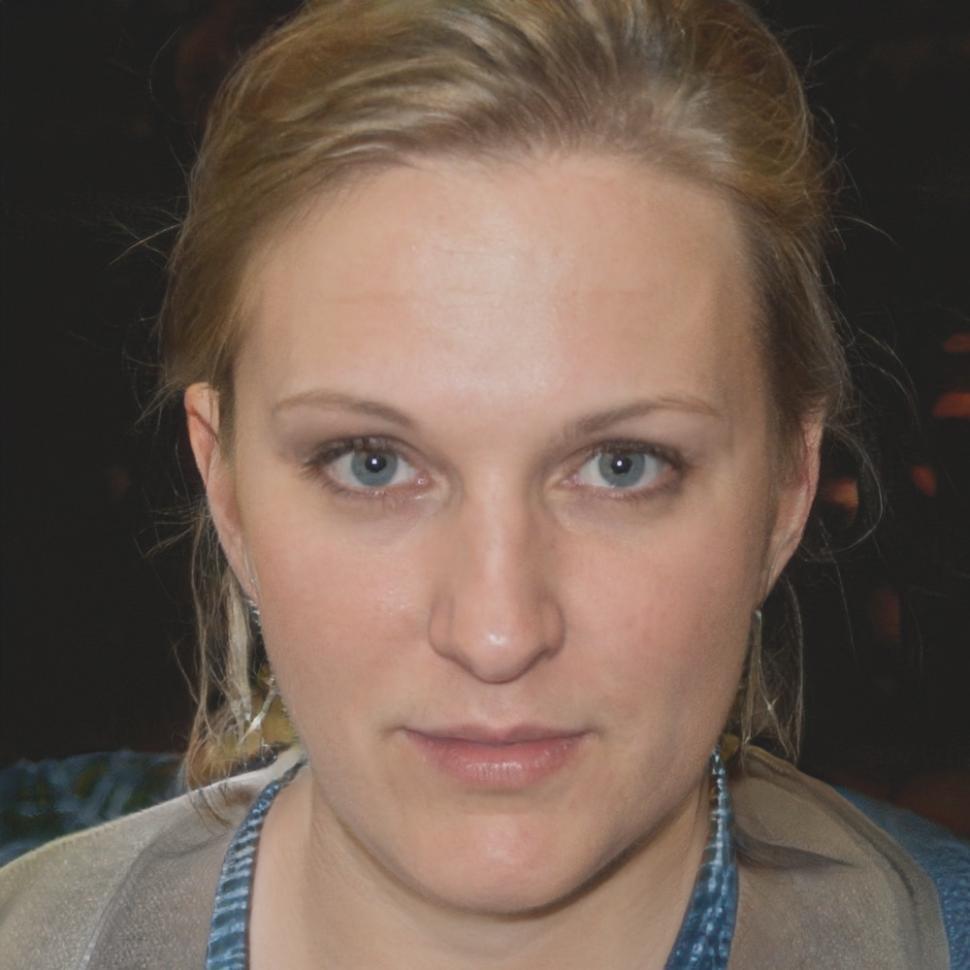Professional AR/VR Game Development Training
We've been building AR and VR experiences since 2019. Back then, most people thought extended reality was just a gimmick. Now? It's reshaping how games get made. Our program walks you through the same techniques we use on commercial projects, from spatial audio setup to performance tuning on standalone headsets.
Schedule a Consultation
How We Structure Learning
You won't spend weeks on theory without touching real tools. Our approach mixes hands-on build sessions with targeted concept reviews. Most students find this rhythm helps them retain what actually matters when you're debugging a shader at 2am.
Project-First Structure
You'll start building something functional within your first week. Small projects that grow in complexity. We've found that wrestling with actual problems teaches more than lecture slides ever could.
Hardware Access
You need to test on real devices. We maintain a library of current headsets and controllers. Quest 3, PSVR2, and Vive XR Elite are available for project testing during facility hours.
Code Review Sessions
Every two weeks, we sit down with your work. Not to grade it, but to discuss what's working and what's creating bottlenecks. These sessions often surface patterns you wouldn't catch on your own.
Performance Lab Access
Our testing space has profiling equipment and motion capture setup. Students can book time to stress-test their builds and identify frame rate issues before they become release blockers.
Industry Tool Pipeline
Unity and Unreal are standards, but we also cover OpenXR implementation and custom engine integration. You'll learn the tools studios actually use, not just what's popular in tutorials.
Portfolio Development
Your final project becomes portfolio material. We help you document your technical decisions and prepare build demos that show potential employers what you can actually create.

Why This Approach Works
Extended reality development isn't like traditional game programming. The feedback loop is different because you're constantly putting on a headset to test. Our curriculum accounts for this. You'll spend time understanding comfort metrics, locomotion systems, and interaction paradigms that only make sense when you experience them in three dimensions. Theory matters, but muscle memory matters more.
Questions Organized by Stage
People ask different things depending on where they are in the process. Here's what comes up most often at each point.
Before You Enroll
Most people wonder if they need prior game development experience. Short answer: it helps but isn't mandatory. You should be comfortable with basic programming concepts and willing to learn C# or C++. We also get asked about hardware requirements. You'll need a capable workstation, but we provide access to VR equipment during program hours.
During the Program
Time commitment is the big one here. Plan for 15-20 hours weekly between guided sessions and independent project work. Can you balance this with a job? Many students do, but the build weeks get intense. We also hear concerns about getting stuck. That's what office hours are for. Our instructors are available three afternoons weekly for troubleshooting.
After Completion
Career transition questions dominate this stage. We can't promise specific outcomes, but we can tell you what former students are doing. Some joined indie studios. Others contribute to open-source XR projects. A few started their own consulting practices. The skills transfer, but market conditions vary. We stay in touch and share opportunities when we hear about them.
Ongoing Support
Access to our community Discord doesn't expire. Former students drop in with technical questions or to share what they're working on. We also host quarterly meetups where people demo projects and swap war stories. The extended reality field moves quickly. Staying connected helps you keep pace.
Finding Your Path Through Common Scenarios
Different backgrounds lead to different questions. We've organized answers around the situations students typically find themselves in when they reach out to us.
I'm a web developer curious about spatial computing
You've got a head start with programming fundamentals. The learning curve involves 3D math and performance optimization for constrained hardware. We recommend starting with WebXR projects during the program since that bridges your existing knowledge. Expect about eight weeks before VR-specific concepts click into place.
I work in traditional game development and want to specialize
You'll move faster through the foundation material. Focus areas should be comfort design and input system architecture since those differ significantly from flat-screen games. Our advanced track covers custom shader work for stereo rendering and optimization techniques specific to mobile XR chipsets.
I'm a designer wanting to understand technical constraints
Understanding why certain interactions work in VR requires hands-on implementation experience. You'll learn enough code to prototype ideas and understand what's expensive performance-wise. Many designers find this technical foundation improves their collaboration with engineering teams significantly.
I'm switching careers and starting from basics
Plan for extra time with programming fundamentals. We don't teach intro coding, but we can point you to resources for building that foundation first. Consider spending two to three months on basic C# before enrolling. This preparation makes the program experience much more productive.
I want to build location-based VR experiences
That's a specialized niche with unique technical requirements. Our curriculum covers the tracking and networking foundations you'll need. You might also want our supplementary workshop on multi-user synchronization, which runs in October 2025.
I'm interested in AR rather than VR specifically
Much of the coursework applies to both. We cover ARKit and ARCore integration, plane detection, and occlusion handling. The spring 2026 cohort has an expanded AR module covering SLAM algorithms and environmental understanding in more depth.
Who Teaches This Program

Darko Petrović
Lead Technical Instructor
Spent six years at a Belgrade studio working on VR training simulations. Now splits time between teaching and consulting work. Knows Unreal's XR pipeline inside out.

Jelena Nikolić
AR Development Specialist
Built mobile AR experiences for retail clients before joining our program. Teaches the practical side of computer vision integration and real-world testing strategies.

Milica Jovanović
Performance Optimization Lead
Came from mobile game optimization background. Covers profiling workflows and rendering techniques that keep frame rates stable on standalone headsets.
